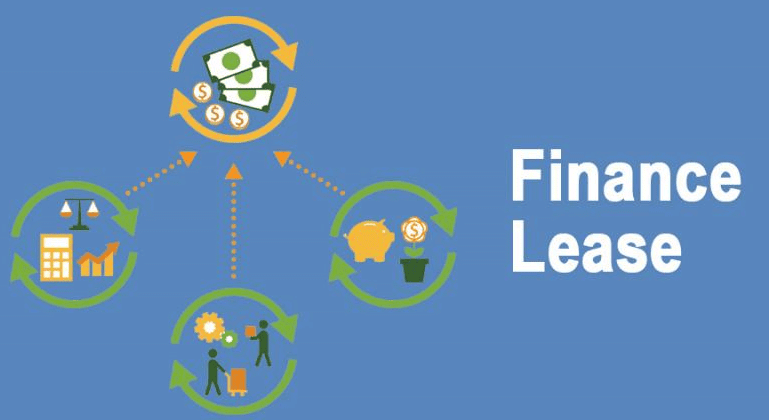Lease Financing | Crash Course for UGC NET Commerce PDF Download
Introduction

Lease financing is a popular option for medium- to long-term financing where the owner of an asset grants another party the right to use it in exchange for periodic payments. The owner is referred to as the lessor, and the user is known as the lessee. The lease agreement outlines the terms and conditions, and typically, the asset is returned to the lessor at the end of the lease term. There may also be an option for the lessee to purchase the asset after the lease expires.
Advantages of Lease Financing
For the Lessor
Consistent Income:
- The lessor receives regular lease payments, providing a steady and reliable source of income.
Ownership Retention:
- In a finance lease, although the lessee assumes the risks and benefits of ownership, the lessor retains legal ownership of the asset.
Tax Benefits:
- The lessor can benefit from depreciation deductions on the leased asset.
High Profitability:
- Leasing can be highly profitable due to the higher returns on lease payments compared to financing costs.
Growth Potential:
- Leasing is cost-effective and increasingly in demand, offering significant growth opportunities even during economic downturns.
For the Lessee
Cost Efficiency:
- Businesses can use assets without the high upfront cost, allocating their funds to other areas.
Tax Deductions:
- Lease payments are deductible as business expenses, offering tax advantages.
Lower Cost:
- Leasing often proves to be less expensive than alternative financing options.
Technical Support:
- Lessees often receive technical support from the lessor for the leased asset.
Inflation Protection:
- Leasing provides protection against inflation, as lease payments are fixed regardless of asset cost increases.
Ownership Option:
- At the end of the lease, the lessee may have the option to purchase the asset at a reduced price.
Disadvantages of Lease Financing
For the Lessor
Inflation Risk:
- Fixed lease payments may become unprofitable during inflation if the asset's cost rises.
Double Taxation:
- The lessor might face double taxation—once at the time of asset purchase and again when leasing it out.
Increased Asset Risk:
- The lessor risks asset damage due to lack of ownership transfer, as the lessee may not handle the asset with care.
For the Lessee
Commitment:
- Finance leases are typically non-cancelable, obligating the lessee to make payments even if the asset is no longer needed.
No Ownership:
- Unless the lessee purchases the asset at the end of the lease, they do not gain ownership.
Higher Costs:
- Leasing can be more expensive overall due to lease payments plus associated ownership costs.
Asset Understatement:
- Since the lessee does not own the asset, it is not recorded on their balance sheet, potentially understating their asset value.
|
157 videos|236 docs|166 tests
|
FAQs on Lease Financing - Crash Course for UGC NET Commerce
| 1. What are the advantages of lease financing? |  |
| 2. What are the disadvantages of lease financing? |  |
| 3. How does lease financing benefit businesses? |  |
| 4. What types of assets can be financed through lease financing? |  |
| 5. How does lease financing differ from traditional bank loans? |  |
















